
How Violence In Cinema, TV Threatens Egyptian Culture
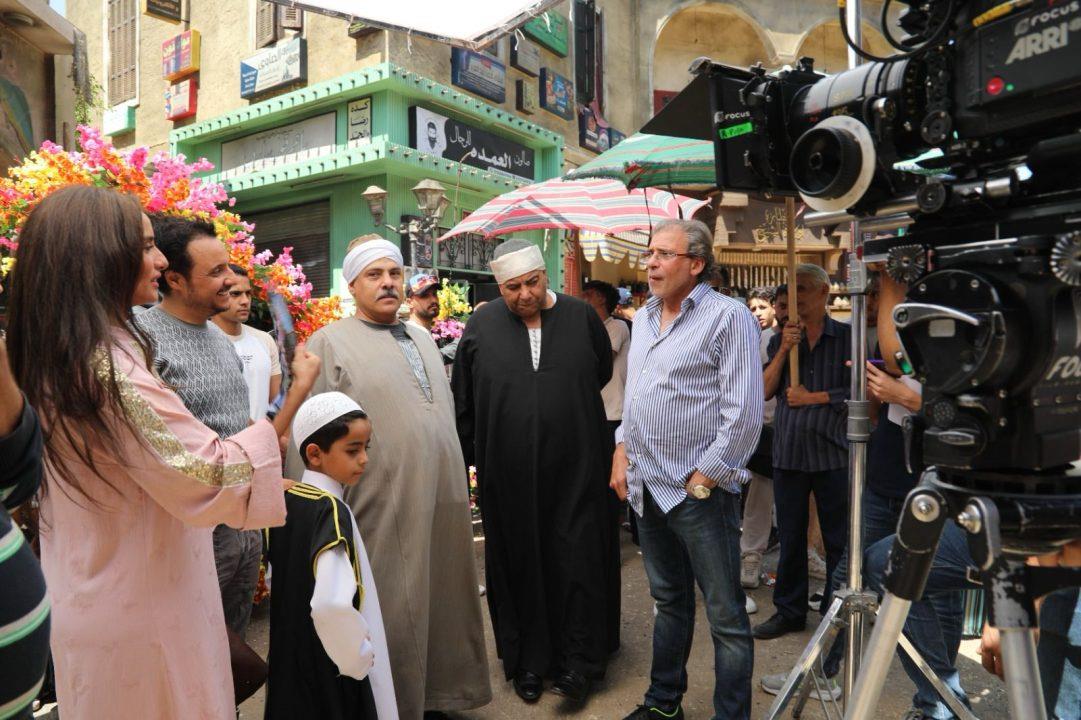
On the other hand, the world of television drama witnessed a few months ago the series“Jaafar El Omda”, which promotes violence and glorifies the law of the jungle, which civilization and urbanization have long opposed. The scenes of violence in this work are enough to undermine all efforts that seek to resist violence and encourage the use of reason in various situations. Similarly, the series“Al-Ajahar” included scenes of murder and illegal activities in the gold market. The series“Rashid” supported the idea of bullying, even though the writer tried to justify it by sympathizing with the hero. The series“Souq El Canto” contained various scenes of violence and stressed the idea of taking rights by force. The series“Taht El Wesaya” also included some painful scenes of violence, even though the work aimed to deliver a good message in the end. The list of series that support violence is long, and we oppose them, regardless of the justifications. This is because we know that television drama today has replaced books, novels, and poetry collections for most people. That is, it has become an important part of the cultural streams in the current era, and this must be taken into account by industry leaders. We spoke with some critics, intellectuals, and psychologists, and these are their statements that we list for you in the following lines.
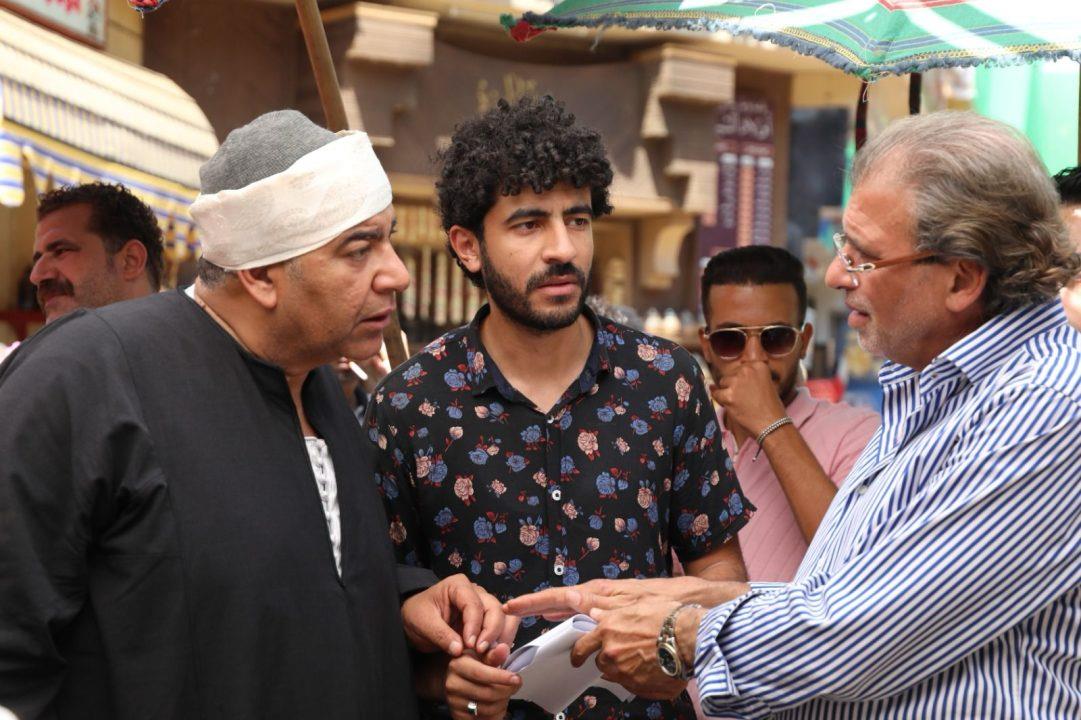
I am optimistic about the future
Actor Tarek Desouki says: I oppose all these works that depict violence, bullying, vulgarity, nudity, and indecency at this sensitive time in Egypt's history. Our country is facing great challenges and conspiracies, and art, especially drama, should play a positive role in reshaping people's minds to suit this stage.
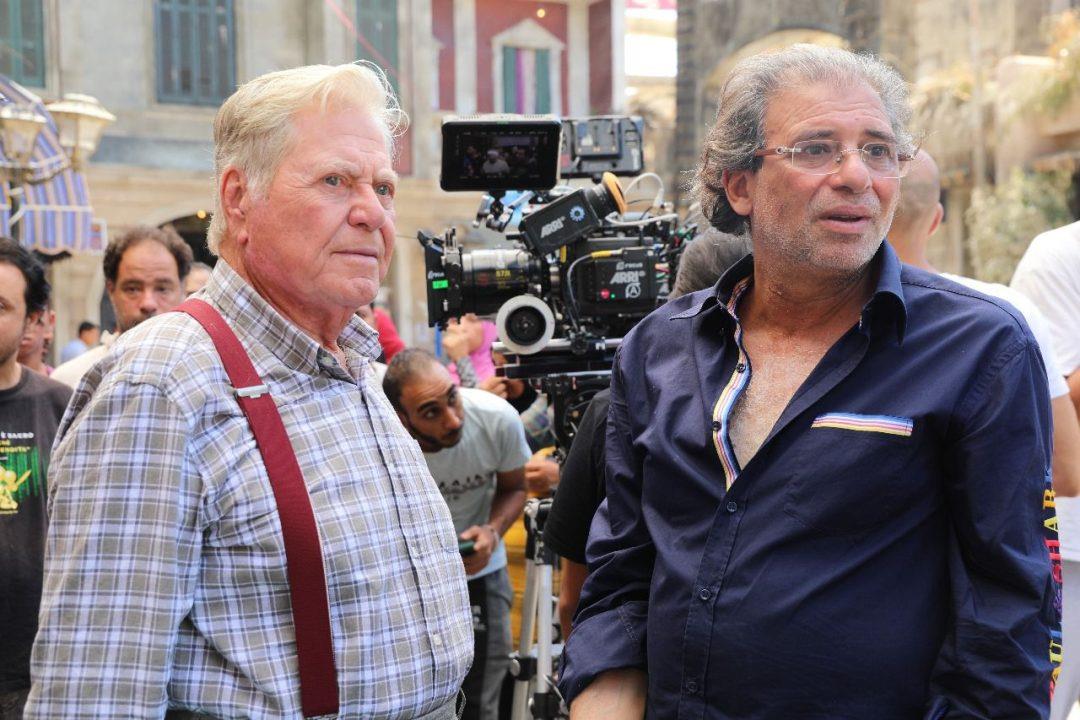
Therefore, some criteria for drama suit the current time. These are:
- Presenting works that address people's concerns and offer solutions to them. Raising the intellectual, cultural, and humanitarian level of people. Consolidating the Egyptian identity, including its customs, traditions, values, and language. Promoting the spirit of belonging among the new generations and explaining to them the meaning of land and homeland. Emphasizing the concept of national unity and the importance of the interconnectedness of all people, regardless of their sects. Shedding light on bright and honorable periods in our history. Highlighting honorable examples of leaders, scholars, and pioneers who have influenced our history and can inspire the new generations. Spreading the spirit of optimism and hope for tomorrow and avoiding despair and frustration. Restoring the system of morals and values that distinguished our society from other societies, such as chivalry, family ties, and altruism.
These are extremely dangerous things to present at this time. They must be completely banned from the screen because there is no excuse or justification for us to make such a series. Moreover, every work that is trivial and ridiculous and does not provide anything for people is a waste of time and resources. I believe that acts of violence and bullying have a false success and do not benefit the presenter, but harm the receiver.
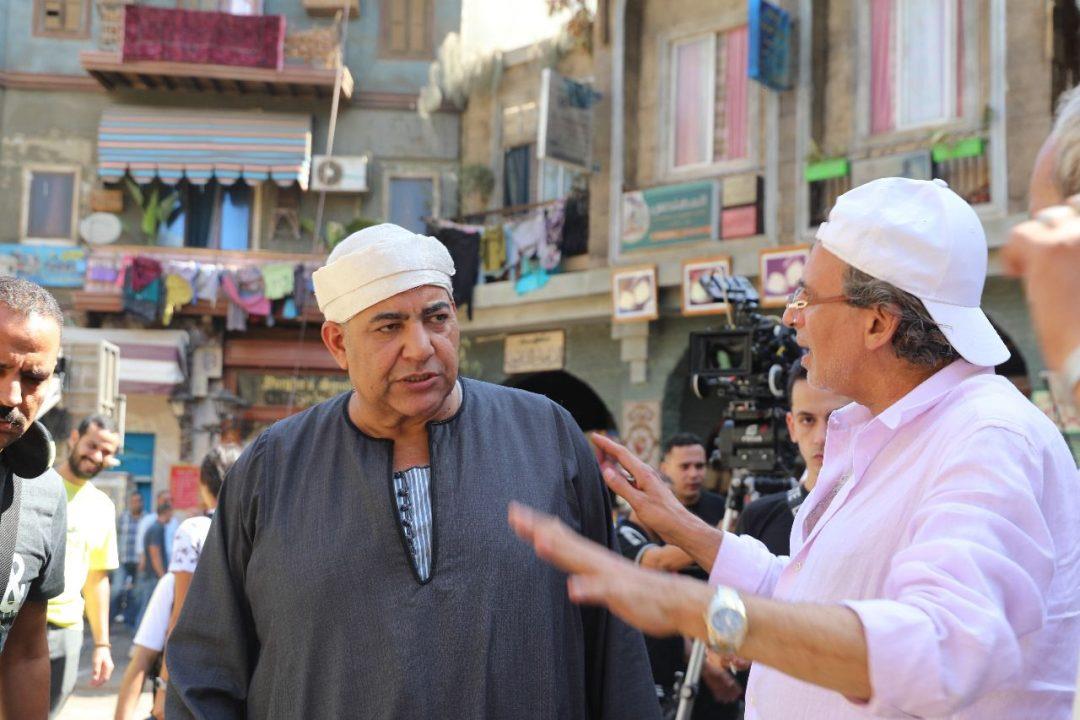
Since the United Media Company is in charge of most of the works, it must impose its conditions on all works, as state production companies used to do. I am optimistic that the responsibility for drama in the United Company will be given to people who have reliable awareness and culture, and we hope that the quality of the works presented will improve in the coming days. From reality
Critic Magda Khairallah says: Society is full of unjustified and unreasonable violence, and it is not natural for artistic works to ignore this widespread violence in society. However, the violence must be justified in the drama. I think that every channel has a supervisory official who takes care of these matters. We must be aware that most of the drama is based on societal reality. But we can say that there is an acceptable drama that is plausible and well-made, and there is an unacceptable drama that has many errors and flaws, and this is what bothers us. The drama will not replace culture, the role of family, and education. Everyone must play their role and then the drama will be fixed.
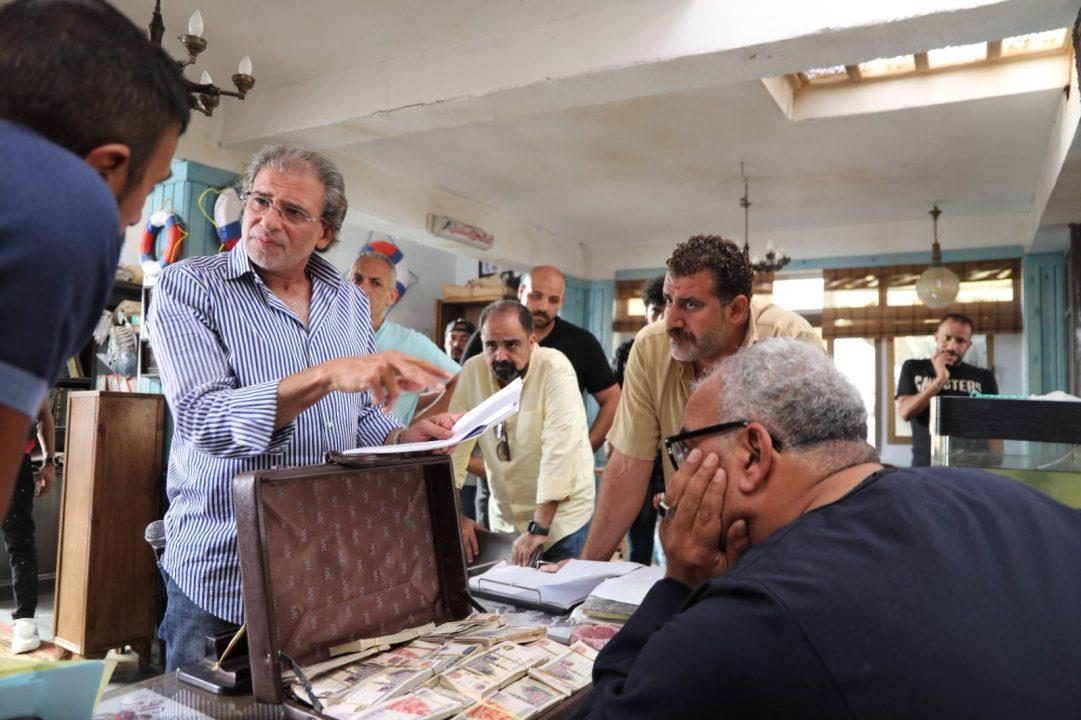
Citizen awareness
Ibrahim Abu Zekri, President of the Arab Producers Union, said:“We, as viewers, must boycott works that incite violence and contain what is not appropriate for us, our homes, our values, and our morals, because we are primarily responsible for the spread of these works. This is because if these works had not found followers, they would not have spread and would not have existed. Many artistic experiments were created and only their owners saw them. Boycott is the main way to thwart these actions that harm our societal security, distort the thinking of our children, and threaten our future. We find the state seeking from all directions to develop and create a better life for people. In the end, I hope that the Egyptian family will be more aware and be the one that holds the remote and deletes everything that harms, corrupts, and incites against what is inconsistent with our values and morals. In the end, we have no choice but to say, 'May God protect Egypt and its people from all evil.'”
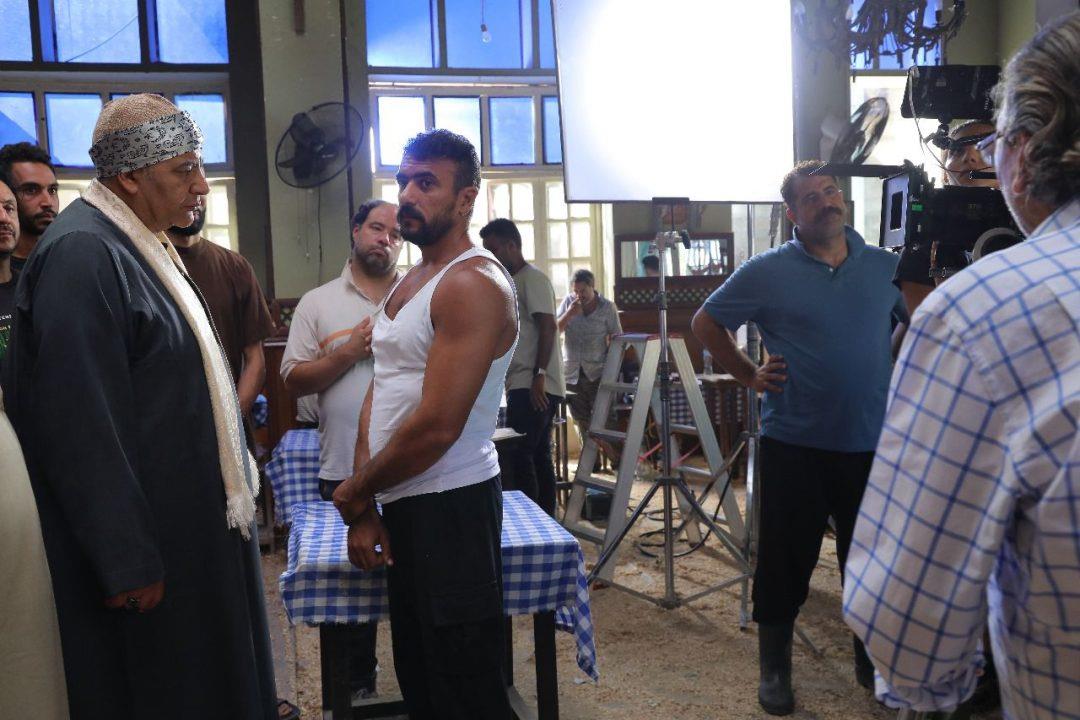
Disaster
Critic Dina Sharaf El-Din says:“It is certain that the arts in general, and especially drama, are among the most important indirect sources for shaping the general awareness of people. There is a rule that says that the higher society improves, the higher the arts, and vice versa. In the past, dramatic works presented to people the model of the chivalrous hero with chivalry and good behavior. Many works influenced many people and supported them in their journey, and it is too narrow to list many of them. But what is noticeable is that after 2011 the picture changed, and we found works that talked about drugs, bullying, incest, and other evils that were new to us. These actions changed the vocabulary of young children, and violence became a feature of interaction even between members of the same family, until it became commonplace among people, as if this was natural behavior that had no deterrent.
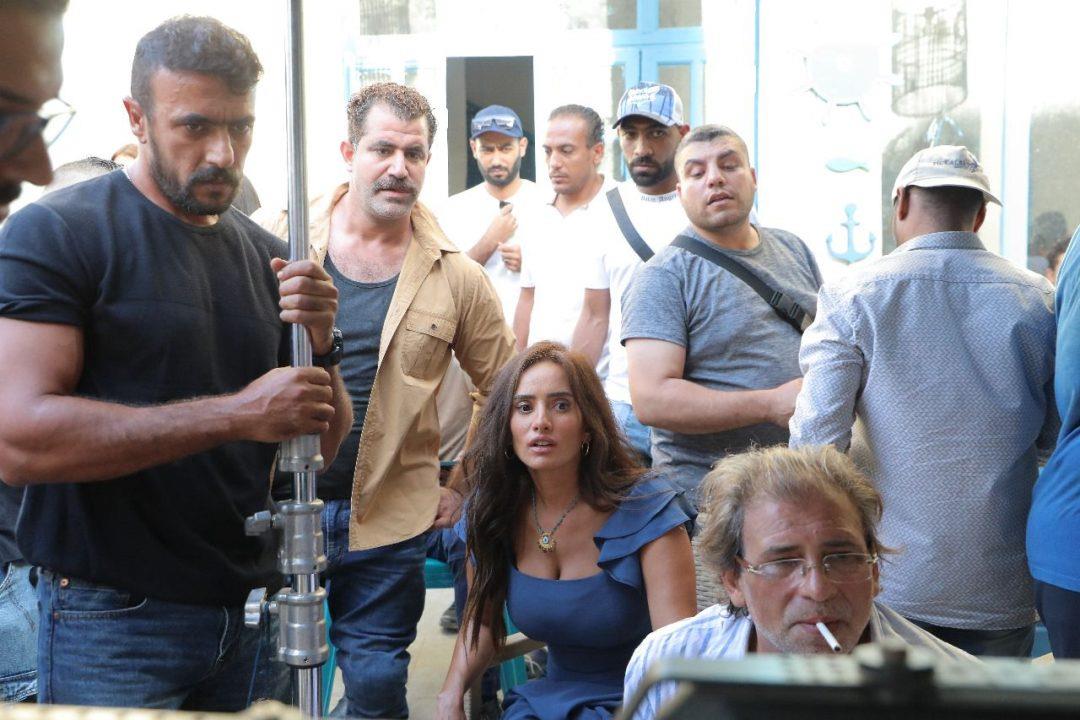
Every day, the news bombards us with misfortunes and crimes that we had never heard of before in our society. This confirms that the influence of the drama was clear and undeniable. Unfortunately, this is a disaster that has befallen society and must be confronted out of mercy for the future represented by this new generation whose educational and cultural vocabulary has weakened and who have only a limited amount of means of awareness left, and the most important window into this destiny is television drama, which I hope will have a positive message to people that pushes forward and supports in building society.”
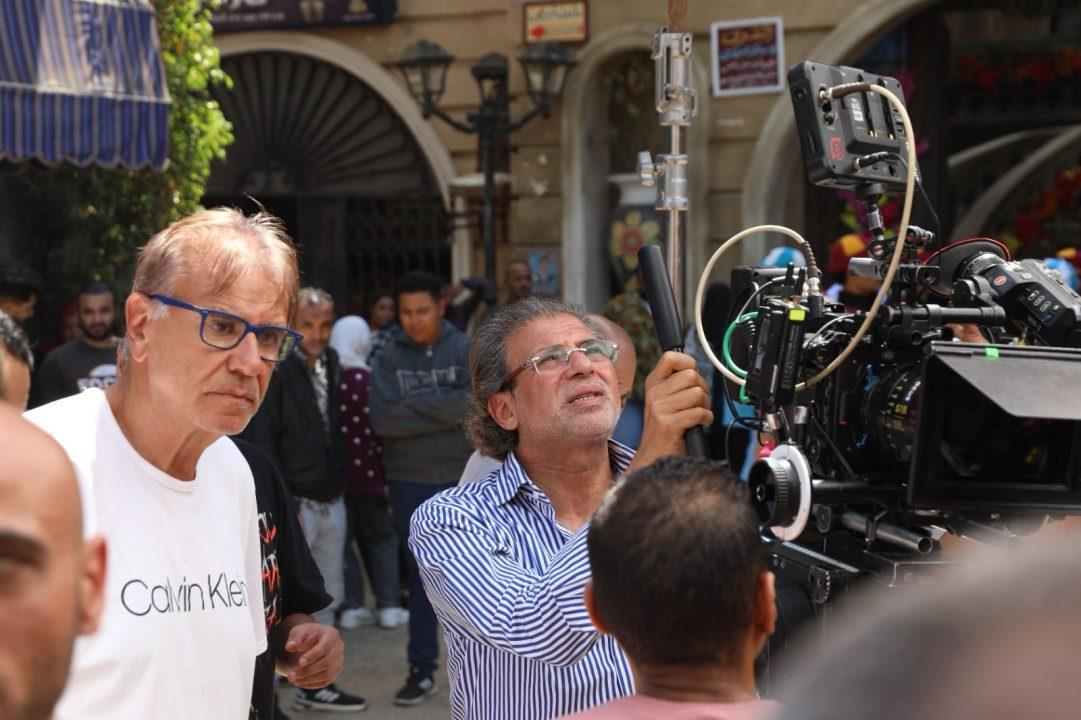
They are not the first accused
Ghada Heshmat, Professor of Mental Health and Family Relations, said:“Cinema and drama are not the first culprits in spreading violence within society. There are factors related to the individual who may be in psychological suffering that puts him in an abnormal psychological state as a result of exposure to bullying or any other bad experience at home, school, or the workplace. This is what makes him susceptible to being influenced by drama scenes and imitating them. Most studies conducted in this regard suggest that being affected by the violence involved in drama and its translation into violence in real society is often among children and in the short term. Violence may move from drama to the behavior of people in society through the mechanism of simulation.
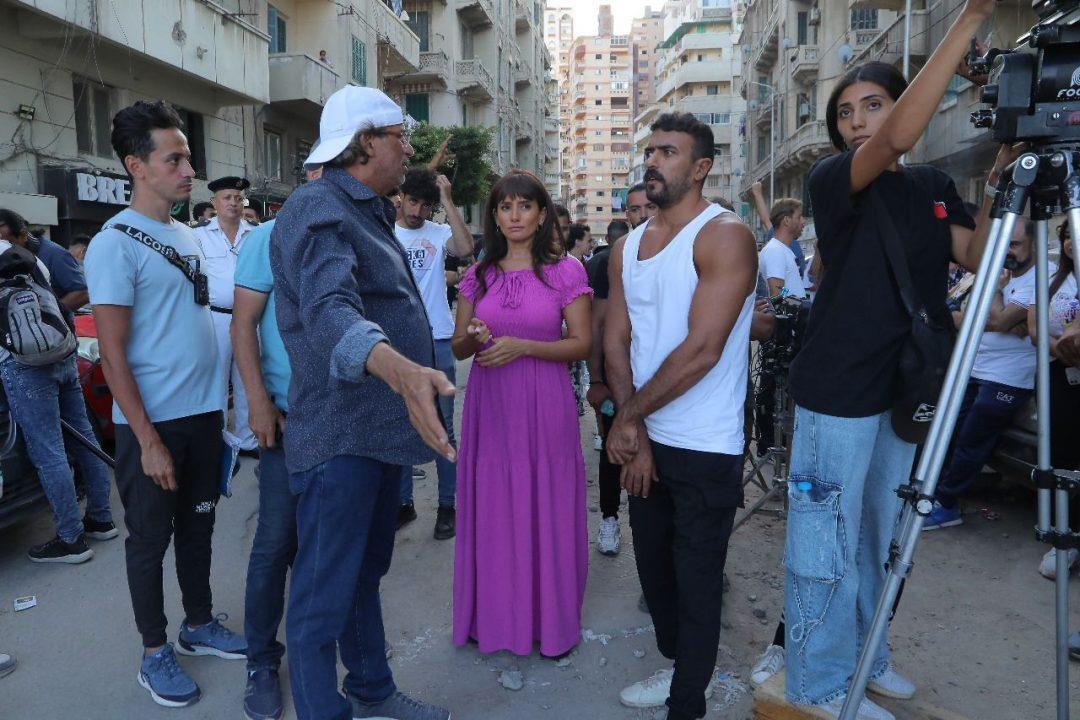
This highlights the importance of the role of parents in preparing children and training them in the skills of analysis and criticism, according to which they can differentiate between reality and imagination, evaluate the dramatic content presented to them, accept what is true, and reject what contradicts society's values within the dramatic work. In conclusion, we must point out that Egyptian drama has always been a pioneer in the Arab region and had the greatest impact on society through the issues it espoused and that it was always trying to connect people with society and its goals.”

Legal Disclaimer:
MENAFN provides the
information “as is” without warranty of any kind. We do not accept
any responsibility or liability for the accuracy, content, images,
videos, licenses, completeness, legality, or reliability of the information
contained in this article. If you have any complaints or copyright
issues related to this article, kindly contact the provider above.

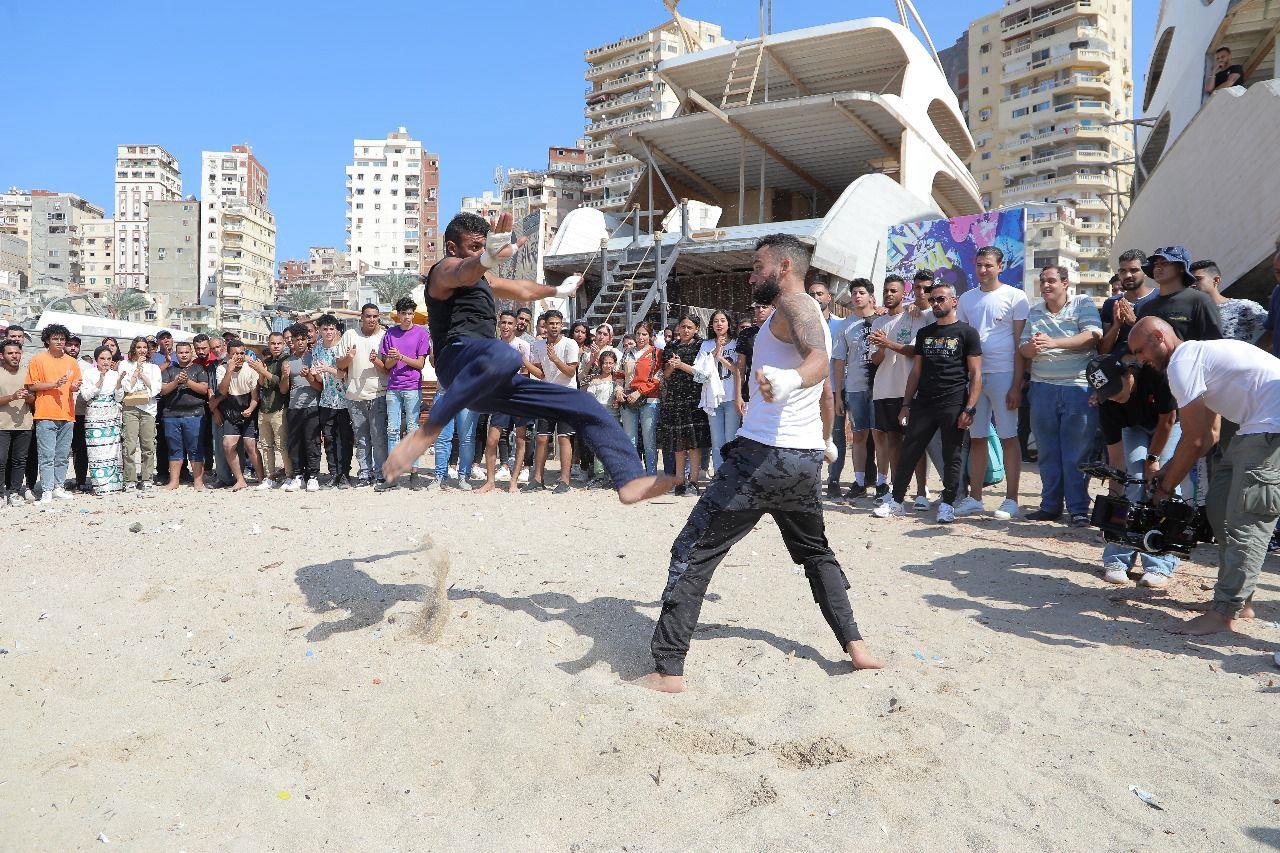
















Comments
No comment